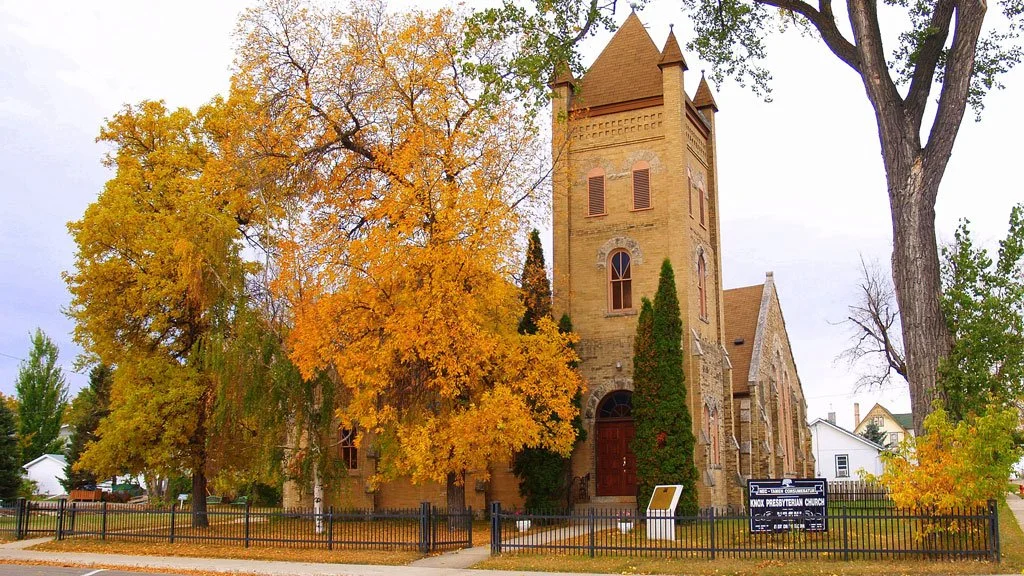Watering your lawn is a big no-no in Grindrod right now. A temporary outdoor watering ban has been issued by the Regional District of North Okanagan. Spring runoff is causing a slow down at the Grindrod water treatment plant, resulting in restrictions on non-essential water use. Melting snow has caused water entering the plant to contain increased clay and silt particles.
Spring runoff appears to have peaked in northwestern Ontario, but flood risks remain
Even though northwestern Ontario is drying up after a wet start to spring, officials are still watching the watersheds for potential flood risks. Lakehead Region Conservation Authority in Thunder Bay has downgraded its outlook from a flood watch to a conditions statement after area rivers and streams have reached their peak earlier this week. Still it's too early for people to let their guard down.
Municipal boundaries, new community centre on Regina city council's agenda Wednesday
Regina city council is set to discuss municipal boundaries, a new community centre and residential drainage when it meets Wednesday afternoon. Amending the current wastewater and storm water bylaw — which was last updated in 2016 — is among the first items on the agenda. City administration is suggesting council vote in favour of a new bylaw that would allow for the protection of city-owned drainage infrastructure, and for the enforcement of new and existing lot grading regulations.
Manitoba funds 12 disaster resilience projects
Manitoba is looking to build disaster resilience by supporting a series of municipal projects. The province announced it will contribute more than $186,700 to help fund 12 projects under the Mitigation and Preparedness Program (MPP) to prepare for future natural disasters. “Manitoba is taking a new approach to dealing with natural disasters such as floods and fires by encouraging prevention, rather than recovery,” said Eileen Clarke, municipal relations minister, in a statement. “This provincial support will help municipalities target locally important projects including improving drainage, purchasing new equipment and building up reserve funds for projects that mitigate against natural disasters. This work will build resiliency in their communities and help reduce costs in the long term.”
Spring runoff potential varies across Saskatchewan from well below normal to above normal
Most of southern Saskatchewan has the potential for a below to well below normal spring runoff, according to preliminary data released Friday by the Water Security Agency. The north, however, could experience a normal to above normal runoff. The WSA said it bases its estimates on a number of factors, including conditions at freeze-up and the snowpack. Most of the southern regions experienced very dry conditions last summer and into the fall, and the snowpack is near normal to below normal. The WSA says this projects to a below normal runoff for an area covering Prince Albert, Saskatoon and Melfort, dipping as far south as Maple Creek and Val Marie.
Back to top Op/Ed: Marking 50 years of wetland conservation and loss
Fifty years ago, nations gathered to create the world’s first global agreement to conserve a habitat. This had long been undervalued, and as a result was rapidly disappearing. Fifty years ago, there was a global call to action to save our wetlands. On February 2, 1971, the Convention on Wetlands of International Importance was adopted in Ramsar, Iran. Often referred to as the Ramsar Convention, its purpose was to stop the worldwide loss of wetlands. Today, 171 countries, including Canada, are parties to the convention. The Ramsar Convention has helped many wetlands. More than 2,400 wetlands around the world have been designated as Ramsar Wetlands of International Importance. Canada has 37 Ramsar sites, including two Nature Conservancy of Canada helps protect in B.C., the Columbia Wetlands and in Creston Valley. World Wetlands Day marks the signing of the Ramsar Convention and is a day to highlight the importance of wetland conservation Despite a global agreement and a special day of recognition, we have not been kind to wetlands over the last half century. Over the past 50-years, over one-third world’s remaining wetlands have been lost. They continue to disappear at a rate faster than forests, and the loss is accelerating.







